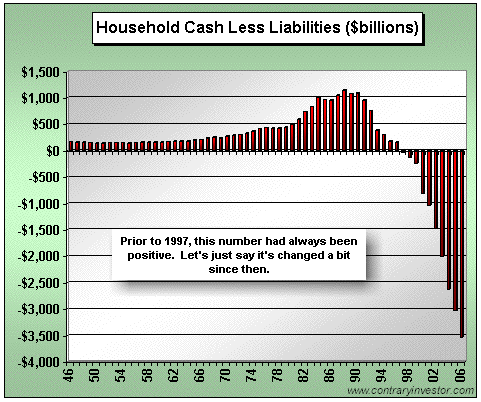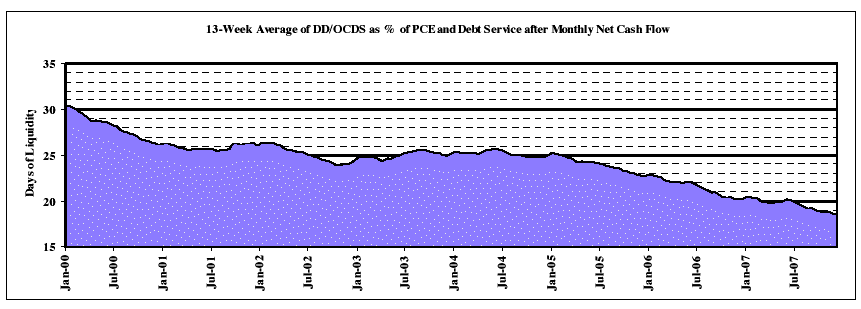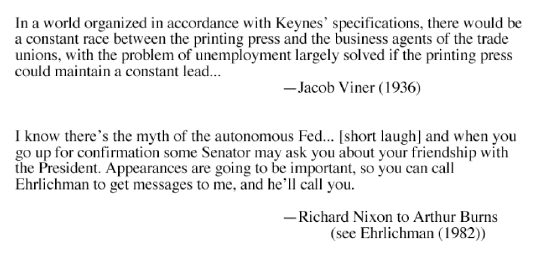Re: The deflation case: caught, gutted, poached and eaten
Well consider a dying patient with a fatal disease, how much might this country spend to keep it going, if the country were a doctor? Perhaps it is a depression that is most needed to allow all the craziness that has occurred to be corrected and a new footing established. Ain't nothing in this country really going to change until is it hog-tied and forced to take its medicine without consideration for the subsequent pain of having done so, but only that do I think will start things to get truly better.
Originally posted by FRED
View Post





Comment